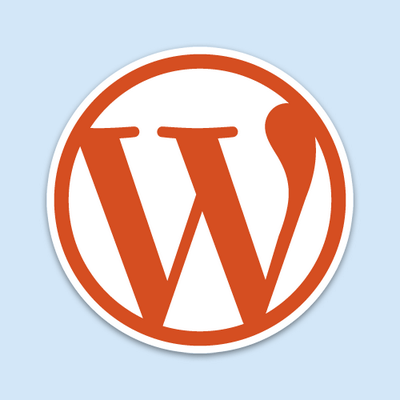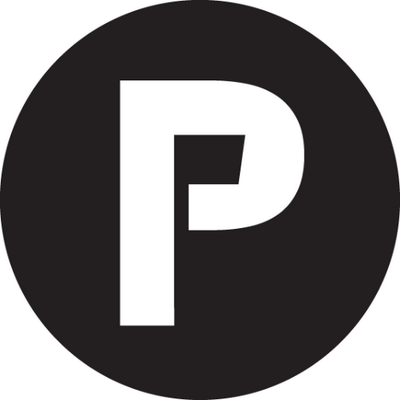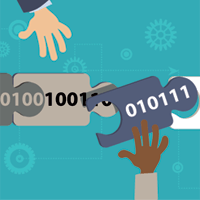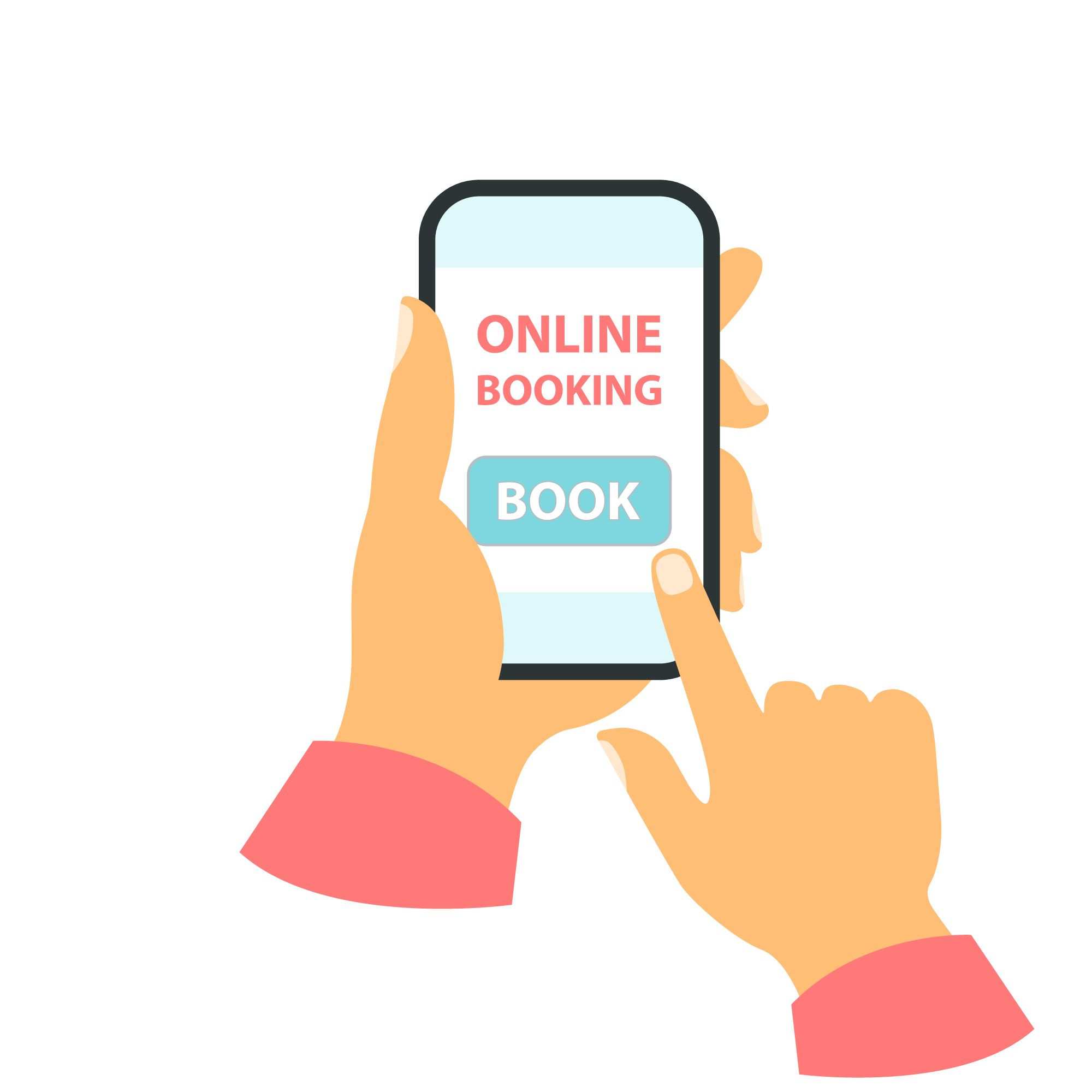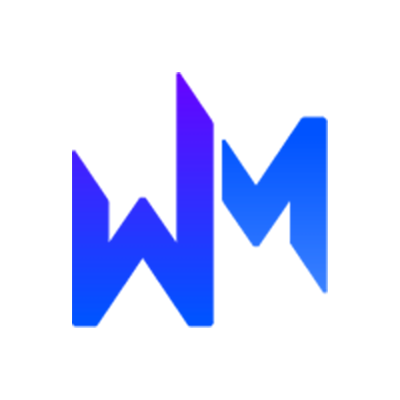Ask Anything About: Blockchain

by Amberly Dressler
02 Nov, 2017
It can be difficult to keep up with every new term or technology available today. Instead of nodding along in agreement, however, it is important to ask questions that will truly help you understand what is being discussed - even if those questions are simplistic in nature.
For this reason, Website Magazine launched its "Ask Anything About" series ( inspired by Reddit's popular Ask Me Anything threads) to pair some basic question about a topic with an expert who could answer them. We're just getting started, so if you missed "Ask Anything About: Amazon" check it out here. Next up: Blockchain.
Our expert is Rob May who is the co-founder and CEO of Talla, which builds intelligent blockchain assistants to help knowledge workers better do their jobs. Additionally, Rob writes and curates the machine learning newsletter at Inside AI. So, if you were confused by blockchain he's the person who can help clear up what the technology is and isn't. Let's get started.
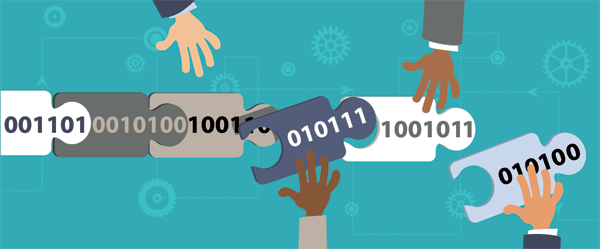
Q: How would you describe blockchain to your least tech-savvy friend?
A: It's an immutable distributed ledger, but every entry in the ledger uses cryptography to link it to the next entry in the ledger, so you know no one ever changes an entry or the whole ledger breaks. Think about it like a list of records, but that every record has an encrypted key that tells you what the next record is. If you remove a record, the encryption algorithm doesn't work, so you always know the ledger is accurate. Blockchains are also run on nodes, with every node getting a copy of every transaction at the same time, so it is difficult for users to cheat. Finally, some blockchains allow smart contracts to be run on top of them, meaning that you can set up contracts that automatically execute when the contract criteria are met.
Q: Who owns the blockchain?
A: There are many different blockchains. Some are public, some are private, so ownership varies. For public blockchains like Bitcoin and Ethereum, no one owns them. Many private blockchains are owned by companies and are typically built on a technology called HyperLedger.
Q: Who manages it?
A: For public blockchains, the node owners/miners usually manage it through consensus. Often they will set up a non-profit foundation to also make decisions about the direction of the blockchain development.
Q: What consumer benefits does blockchain promise?
A: Better record keeping and lower costs for some types of transactions are two of the biggest benefits. In general, blockchains don't require a centralized third party to keep control of everything, so the power structure is more decentralized.
Q: What about business benefits?
A: The biggest use case in business is to use a blockchain to track a company supply chain. Every step is stored on the blockchain so it is always accessible and easy to track an individual item through the process. International payments may emerge as a major use case as well.

Q: Why is bitcoin associated with blockchain?
A: Bitcoin was the first technology to use a blockchain. Blockchain was invented to support the idea of bitcoin. The problem with a digital currency is that you have to make sure the same coin doesn't get spent twice. Blockchain, with its cryptographic hashes, was the first system to solve this problem.
Q: Does the blockchain make the Internet safer from hacks?
A: Some types of hacks, but not all of them. Most hacking is still social engineering. The weakest link in those hacks is people, and the same could go for the blockchain. Most parts of the Internet probably won't run on a blockchain long term, because blockchains are slow compared to regular databases, so, overall, it won't make the internet safer from hacks. But, blockchain could give users more control over their data, by storing it on a blockchain instead of with a company and granting access to people or companies who need it.
Q: Will blockchain make me rich?
A: If you apply it to a good business idea, then yes, possibly!
Follow this Series
For this reason, Website Magazine launched its "Ask Anything About" series ( inspired by Reddit's popular Ask Me Anything threads) to pair some basic question about a topic with an expert who could answer them. We're just getting started, so if you missed "Ask Anything About: Amazon" check it out here. Next up: Blockchain.
Our expert is Rob May who is the co-founder and CEO of Talla, which builds intelligent blockchain assistants to help knowledge workers better do their jobs. Additionally, Rob writes and curates the machine learning newsletter at Inside AI. So, if you were confused by blockchain he's the person who can help clear up what the technology is and isn't. Let's get started.

Q: How would you describe blockchain to your least tech-savvy friend?
A: It's an immutable distributed ledger, but every entry in the ledger uses cryptography to link it to the next entry in the ledger, so you know no one ever changes an entry or the whole ledger breaks. Think about it like a list of records, but that every record has an encrypted key that tells you what the next record is. If you remove a record, the encryption algorithm doesn't work, so you always know the ledger is accurate. Blockchains are also run on nodes, with every node getting a copy of every transaction at the same time, so it is difficult for users to cheat. Finally, some blockchains allow smart contracts to be run on top of them, meaning that you can set up contracts that automatically execute when the contract criteria are met.
Q: Who owns the blockchain?
A: There are many different blockchains. Some are public, some are private, so ownership varies. For public blockchains like Bitcoin and Ethereum, no one owns them. Many private blockchains are owned by companies and are typically built on a technology called HyperLedger.
Q: Who manages it?
A: For public blockchains, the node owners/miners usually manage it through consensus. Often they will set up a non-profit foundation to also make decisions about the direction of the blockchain development.
Q: What consumer benefits does blockchain promise?
A: Better record keeping and lower costs for some types of transactions are two of the biggest benefits. In general, blockchains don't require a centralized third party to keep control of everything, so the power structure is more decentralized.
Q: What about business benefits?
A: The biggest use case in business is to use a blockchain to track a company supply chain. Every step is stored on the blockchain so it is always accessible and easy to track an individual item through the process. International payments may emerge as a major use case as well.

Q: Why is bitcoin associated with blockchain?
A: Bitcoin was the first technology to use a blockchain. Blockchain was invented to support the idea of bitcoin. The problem with a digital currency is that you have to make sure the same coin doesn't get spent twice. Blockchain, with its cryptographic hashes, was the first system to solve this problem.
Q: Does the blockchain make the Internet safer from hacks?
A: Some types of hacks, but not all of them. Most hacking is still social engineering. The weakest link in those hacks is people, and the same could go for the blockchain. Most parts of the Internet probably won't run on a blockchain long term, because blockchains are slow compared to regular databases, so, overall, it won't make the internet safer from hacks. But, blockchain could give users more control over their data, by storing it on a blockchain instead of with a company and granting access to people or companies who need it.
Q: Will blockchain make me rich?
A: If you apply it to a good business idea, then yes, possibly!
Follow this Series
- Ask Anything About: Amazon
- Ask Anything About: Blockchain (ABOVE)
- Ask Anything About: Cybersecurity

Amberly Dressler
Head of analyst relations, public relations, customer advocacy (People Heroes), customer community, content marketing (full funnel/lifecycle), content operations and optimization, reputation management and social media. Leads a team of nine superstars to exceed our goals multi-fold.
Subscribe to Our Newsletter!
Latest in Software
